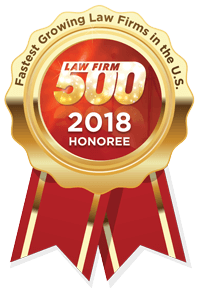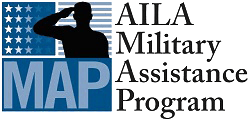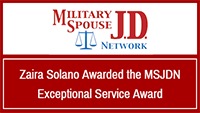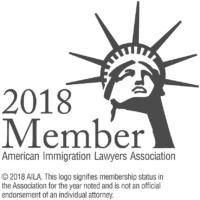VAWA Application in Atlanta
When non-citizens are the victims of abuse or domestic violence in the United States, the Violence Against Women Act (VAWA) could provide them with protection. VAWA offers the chance for an abuse survivor whose visa application was sponsored by their abuser to pursue their own immigration petition.
If you are considering pursuing a VAWA application in Atlanta, having the support of an attorney is essential. The immigration system can be difficult to navigate, especially when you are also facing the risk of additional abuse. A seasoned immigration attorney could answer your questions and support you every step of the way.
How Can VAWA Help?
Many visas require a sponsor. When that sponsor is also an abuser, they hold tremendous power over anyone hoping to immigrate to the U.S. with their help. The benefit of relying on VAWA protections is that a person seeking a family-based visa can continue the immigration process without relying on the help of an abusive spouse or relative.
Under this federal program, it is possible for an abuse survivor to “self-petition” in some cases. That means going through the application process without the help of a sponsor and without their previous sponsor being notified.
Proving Abuse
VAWA protections are only an option for abuse survivors, meaning an application must include evidence of abusive behavior from the visa sponsor. While police reports are important pieces of evidence, they are not always necessary. Protection is still available under VAWA without a formal police report, but securing evidence can be more difficult.
An applicant can prove they experience abuse by providing a sworn statement under oath, submitting photographs, or obtaining supporting statements from witnesses or individuals aware of the abuse. To effectively demonstrate the impact of cruelty or abuse, an attorney may recommend that an applicant undergo evaluation by a psychologist or therapist.
Often, communications directly from the abuser are the strongest type of evidence. This could include text messages or emails that admit to abusive behavior or appear threatening in some way. Medical records can also be an important tool. Even though this documentation might not explicitly spell out what happened, the nature and extent of a survivor’s injuries could tell the story. An Atlanta attorney could help someone looking to self-petition through VAWA gather evidence of the abuse they have experienced.
The Process of Self-Petitioning Under VAWA
To self-petition under VAWA, an applicant must follow a specific process, and following these rules is vital for anyone seeking protection under federal law. The first step of any VAWA application involves filing what is known as Form I-360. Alongside this form, the applicant must attach any available documentation that proves their allegations of domestic abuse.
Once USCIS receives the form and supporting documentation, they will review it and make a final decision. For anyone awarded protection under VAWA, the final step requires filing Form I-485. This document formally requests an adjustment of status to lawful permanent residency.
There are times when an interview is necessary before these protections are extended. An attorney in Atlanta could prepare an applicant for this step of the VAWA application process.
Let an Atlanta Attorney Help With Your VAWA Application
Many abuse survivors face the awful dilemma of having to choose between continuing their visa application and their safety. The purpose of VAWA is to make this choice unnecessary.
You should never have your immigration opportunities limited because of an abuser. With the help of an attorney, you can navigate the VAWA application process in Atlanta and get the outcome you deserve. Call Solano Law Firm for legal support.












